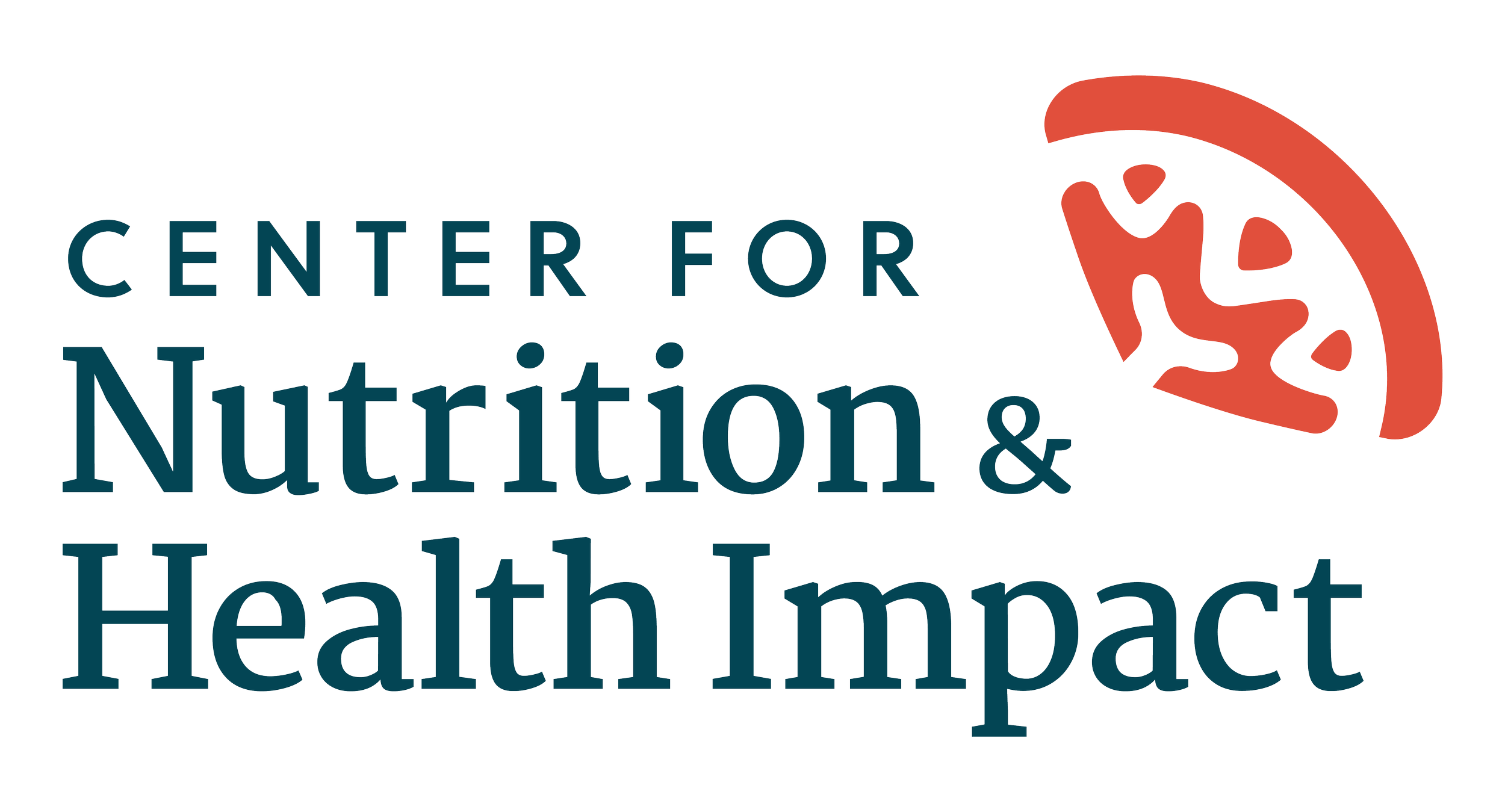Hispanic Heritage Month: Part III
Hispanic Heritage Month: Part III
In honor of Hispanic Heritage Month, we released a collection of articles which highlight nutrition, food security and health equity challenges within Hispanic and Latino/a/x communities. This is the third article in our collection.
------- + -------
Community-level work is key. Because local organizations have their boots on the ground, their approach to increasing food security is more specialized. They are connected to community members and have a deeper understanding of their communities’ needs and concerns.
Earlier this year, the We Are All Human Foundation’s Hispanic Star platform announced its 2023 theme for Hispanic Heritage Month, Latinos: Driving Prosperity, Power, and Progress in America. In honor of Hispanic Heritage Month, we are highlighting some Gus Schumacher Nutrition Incentive Program (GusNIP) grantees and UnidosUS, our partner on the Special Supplemental Nutrition Program for Women, Infants, and Children (WIC) Community Innovation and Outreach Project (WIC CIAO), who continue to move the needle when it comes to health equity work for Hispanic and Latino/a/x communities.
GusNIP grantee La Semilla Food Center (La Semilla) is a frontline, Latine-serving and -led nonprofit organization working since 2010 to foster a healthy, self-reliant, fair and sustainable food system in the Paso del Norte region of southern New Mexico and El Paso, Texas. La Semilla posits that true transformative change happens over time and that those most affected by inequities should be central to decision-making processes and the creation of solutions. Their Cultivating Health with Veggie Scripts & Gardening produce prescription (PPR) program is a holistic intervention that empowers residents with increased purchasing power, direct access to local and culturally relevant produce and food-bearing plants and an innovative program promoting inherently healthy Mexican and Mesoamerican food traditions through nutrition education, cooking, gardening classes and one-on-one follow-up with community health workers (promotoras). Community members with limited income who are at risk of developing or who have been diagnosed with a diet-related diseases are referred to the program through two Federally Qualified Health Centers. Produce in their Veggie Scripts boxes comes from a network of 25+ small local growers and food producers. La Semilla’s Community Education Program directs the project and delivers the educational component, and their Farm Fresh Program aggregates produce and provides technical assistance to growers and food producers. The PPR program is designed to address poverty, education and transportation barriers while being delivered in the spirit of dignity and partnership to achieve an increase in fruit and vegetable consumption among participants.
GusNIP grantee the Foundation of District 304 is a non-profit fiscal entity of United General District 304 (United), a public hospital district serving Skagit County, Washington. For over 30 years, United has been a catalyst for nationwide nutrition and food security efforts, operating three WIC clinics and conducting Supplemental Nutrition Assistance Program (SNAP) outreach and enrollment. United, in partnership with two healthcare entities, is implementing the Skagit Fruit and Vegetable produce prescription program (Skagit FVRx) across multiple clinics located in Skagit County. After seeing how the COVID-19 pandemic exacerbated existing social, economic and health risk factors and disparities the Skagit County Latino/a/x community faced, the Foundation of District 304 expanded its Skagit FVRx program to enhance the resilience of Skagit County’s healthcare system by providing partners with tools for managing and reducing diet-related conditions among Latino/a/x populations. Skagit FVRx has three main goals:
1. Improving dietary health for Latino/a/x individuals with limited income who utilize SNAP or Medicaid and are at risk of experiencing diet-related health conditions.
2. Increasing food security of Latino/a/x individuals and their households.
3. Improving Latino/a/x individuals’ chronic disease management.
UnidosUS is the nation’s largest Hispanic civil rights and advocacy organization. It’s comprised of a unique combination of expert research, advocacy and programs, and an Affiliate Network of 300 community-based organizations across the U.S. and Puerto Rico. The organization strives to challenge the social, economic and political barriers that affect Latino/a/x people at the national and local levels. Funded through a cooperative agreement with the U.S. Department of Agriculture, the Center for Nutrition and Health Impact (formerly the Gretchen Swanson Center for Nutrition) partnered with UnidosUS, the Food Research & Action Center (FRAC) and the Native American Agriculture Fund (NAAF) on the WIC Community Innovation and Outreach Project (WIC CIAO) in 2022.
Together, we have been developing innovative outreach strategies to:
1. Increase WIC awareness, participation and redemption of benefits.
2. Facilitate WIC modernization efforts.
3. Reduce disparities in WIC program delivery.
At the Center for Nutrition and Health Impact (formerly the Gretchen Swanson Center for Nutrition), we strive to practice cultural humility and support programs that improve health outcomes and quality of care for populations that have been marginalized and historically excluded. We seek to be a leader in health equity, helping to eliminate health disparities among the diverse communities we serve through public health nutrition research, education and outreach. We honor and celebrate all Hispanic and Latino/a/x Center staff, program grantees, partners and funders, and we thank them for their many contributions to the Center, national and international communities, and nutrition research.




